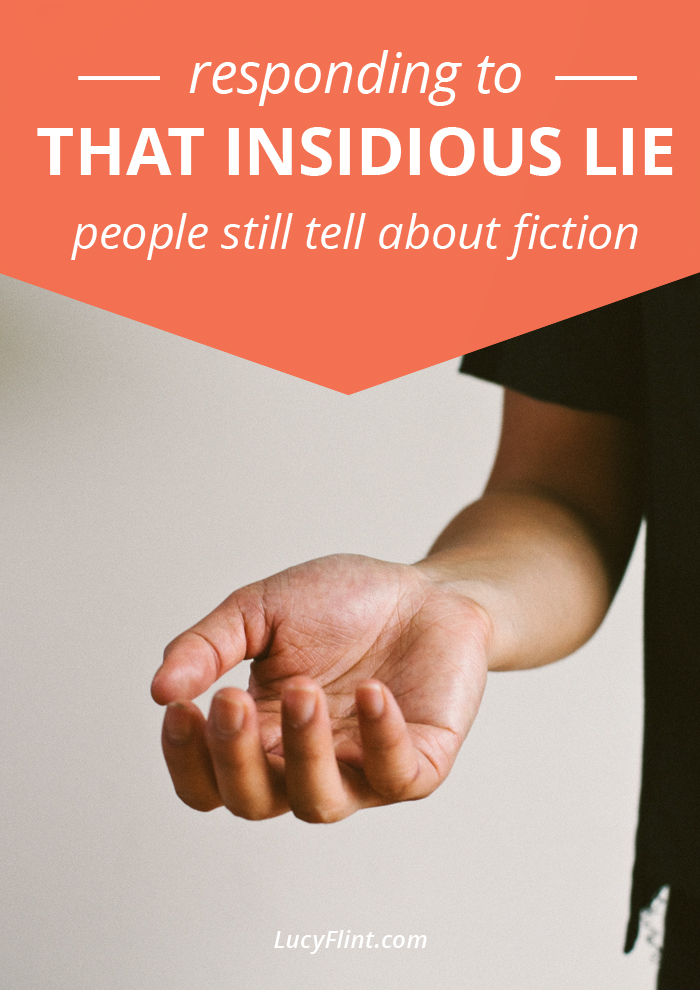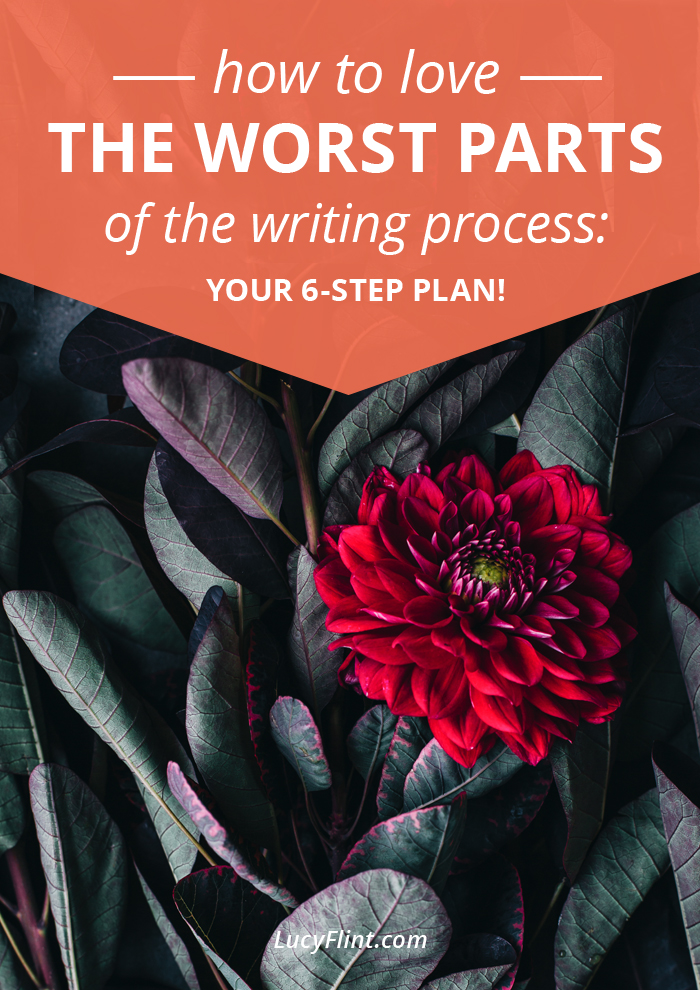Responding To That Insidious Lie People Still Tell About Fiction
/So, HERE'S some good news. The more I throw myself into reading these novels, the more I want to keep reading.
It's that lovely truth: You can re-develop a taste for good things. It happens to me when I start drinking more water, eating more veggies, exercising steadily, or, for the past couple of weeks, falling headlong into one marvelous story after another.
So, if like me, you've been away from fiction for a while, I hope this is encouraging!
The more I practice giving myself permission, and the more that I start my day with reading, the easier it gets to keep going.
Yum.
I'm a good two-thirds the way through Confessions of an Ugly Stepsister, by Gregory Maguire. Oh, I love a good fairytale retelling!
There's always that delight of seeing how your expectations are handled—which events feel familiar, which ones are stood on their heads, or fleshed out in completely unusual ways... Mmmm.
It also reminds me of my struggles with the first novel that I seriously tried to write. For five years, I beat my head against an ever-expanding saga that I invented around the story of—brace yourself—The Princess and the Pea.
More specifically, it reminds me of how hard it was to talk about the fact that I was writing a fairytale retelling.
All those conversations with the skeptical people who asked, "So what are you writing about?"
And I would perform whatever linguistic contortions I could to avoid saying, "Uh, there's a princess and a curse and an impossible test and the threat of madness and a huge journey and interactive memories and definitely a love interest and a fair amount of violence? Can we talk about something else?"
I'm having better luck now, talking about my current work-in-progress. In part because I've learned my lesson, and I'm making sure that I love what I'm writing about.
But also, I believe even more in the power of fiction.
Any kind of fiction.
So "even though" I'm writing about an eleven-year-old girl going on an incredible, fantastical adventure in another world, with a crazy cast of characters and daunting challenges and mysterious spiders and possibly telepathic lizards and brain washing and aristocratic assassins...
I'm much more certain of its importance.
This book matters. I'm sure of it.
But some people don't really get how valuable fiction is.
Have you noticed this? Have you run into these people before?
The ones who will state—loudly and with a kind of bravado—"Oh, I don't READ FICTION."
Not in the contrite, confessional, okay I'm burnt out and what do I do about that kind of way. Or even the, I just can't seem to get to it lately way. Or the ones who say, I haven't found an author that really grips me yet.
I get all that. That's totally fine with me.
I'm talking about the people who are essentially saying, "I don't need such fantasies to survive, thank you very much."
It's smug. There's this belittling tone. As if they could say, "You poor children and your silly stories."
In other words: Fiction is worthless.
When confronted with this attitude, I used to scramble for a response, feeling vaguely ashamed of myself, trying to find the scraps of my dignity.
As if I'd just invited someone to watch my homemade puppet show, only to receive a scathing response.
Or as if I'd just made a public announcement that I was, in fact, an idiot.
Now I see it very differently.
And I've settled on a new reply.
So the last time someone told me, with a very superior grin, "Oh, I don't READ fiction. I've NEVER read a novel," I just took a deep breath, looked at him with all the pity I could muster, and said,
"I am so, so sorry to hear that."
As if he just announced that he'd had an amputation.
Because that's how I feel about it.
People who cheerfully choose to avoid all novels are literally cutting themselves off from a certain kind of understanding. Of a way to see other people, a way to connect.
Novels get to a place that movies and most non-fiction can't quite reach. Because there's an intimacy in fiction, an immediateness.
You see the characters' minds plainly, you hear their motivations, you're right up close to their struggles.
I think that what this man wanted me to say was: "Oh, wow, so you're not as frivolous as the rest of us, we who fill our heads with dumb lies. Good job, you superior person, you!"
Instead, I saw someone who was brittle and maybe even a bit scared.
Someone who didn't want to risk all the emotions and connections that happen when we put ourselves into the flow of stories, into novels.
Someone who has no idea what he's missing. Or who he might be, if he let a stellar novel get under his skin.
I've mentioned a few times that I've been reading Brené Brown's amazing work. If you're familiar with her at all, you know how much she talks about the power of empathy.
Empathy—the statement that you are not alone.
She's totally opened my eyes to how we need connection to other people. How we need to treat ourselves with compassion. How we need courage to live a Wholehearted life.
Guess what.
When we read novels, we get a sense of how other people share our struggles.
Have you had that incredibly powerful feeling, when you're reading a novel, and the main character experiences something similar to what you've gone through?
Whether it's an event, or a subtle feeling, or even a line of dialogue that you've said before: There's that shock of recognition, right?
Like you've suddenly caught your face's reflection in an unexpected mirror.
You are not alone.
Whew! That is powerful.
Novels have a unique ability to get in close to us, to wait until our guard is down, and then to say those life-giving words:
You're not alone. Someone else has been there. This writer gets it.
And then—there's a chance for a conversation. Maybe with the writer. Maybe with other people who have read it.
Suddenly there's connection, there's courage, and there's hope.
Maybe something that was shameful is now brought into the light where it can heal. And maybe there's some good self-compassion, as you realize that you're not the only one struggling. As you accept who you are and where you've been.
Dang it, I get all excited just thinking about this!!
And as a writer, this is incredibly motivating to me.
I want to be honest in the story I'm writing.
I don't want to shrink from telling the truth about what it feels like: to risk big, to worry about your family, to face danger. To hope for change, to face day after day when you don't know what will happen, to heal broken relationships.
Besides. I owe fiction a debt.
As an incredibly lonely kid, I saw people like me in books, even when I couldn't find them at my church or my school.
That sustained me during some really hard years. It helped me trust that there were other kids who felt like me, who understood me, who had been where I was.
Who survived.
Like I said, that's powerful.
It makes me wonder, what is fiction about, anyway, if not connection?
And are any of us actually above the need to be connected to one another? Above the need to belong?
Spoiler alert: Nope. Brené Brown is a very smart woman, and she says that the data says that we all need these things.
No one is exempt from this stuff. From these needs.
Which is why I'm convinced that to intentionally snub fiction is a sad, sad thing. An emotional amputation.
Let's not make the mistake of undervaluing the incredible novels that we read and write.
Instead, let's celebrate how they connect us, challenge us, and empathize with us.
And if you're spending your time writing such things, good for you. It is a vital gift to other people.
Don't let anyone tell you otherwise. Don't let the smug fiction-abstainers get you down.
Keep going.
Who knows who you might be giving courage to with your words?
What about you? Have you seen yourself in fiction before? Have you had that shock of recognition, that sense of being understood?
And have you run into people that don't seem to understand the value of fiction? What do you say to them?




















